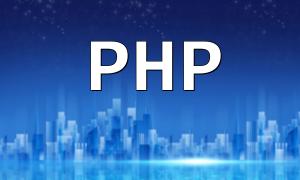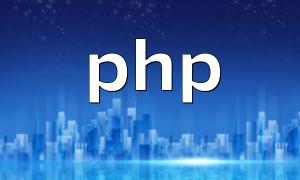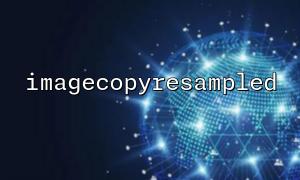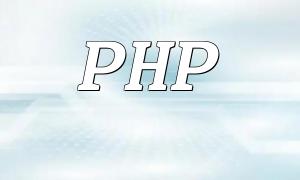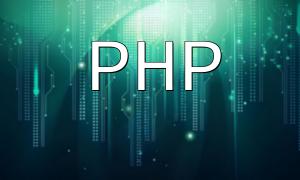PHP is a widely-used backend language for website and application development. As projects scale up and teams grow, writing high-quality, readable, and maintainable PHP code becomes increasingly important. This article provides a series of practical tips on PHP coding standards to help enhance code readability and maintainability.
Proper indentation and alignment are crucial for improving code readability. In PHP, it’s recommended to use 4 spaces for indentation rather than tabs. For multi-line statements, ensure that the code is properly aligned to improve readability.
Example:
if ($condition) {
// More readable code
$user = getUser();
$username = $user['name'];
echo $username;
} else {
// More readable code
echo "Condition not met";
}
Adding comments to your PHP code is essential for helping others understand the logic and function of the code, as well as for your future self when revisiting the code. Each function and critical block of code should include concise and clear comments explaining its purpose.
Example:
function getUser() {
// Query user information from the database
$query = "SELECT * FROM users WHERE id = :id";
// Execute query
// ...
// Return user information
return $user;
}
Adopting clear naming conventions enhances code readability and maintainability. In PHP, variable names should be lowercase and separated by underscores. Function names should also be lowercase, with camelCase used for multi-word functions.
Example:
$first_name = "John";
$last_name = "Doe";
<p>function getUserInfo($user_id) {<br>
// ...<br>
}</p>
<p>class User {<br>
// ...<br>
}<br>
Good error and exception handling is essential for ensuring code reliability and stability. In PHP, errors should be caught and handled appropriately, and meaningful error and exception messages should be provided to help with debugging and maintenance.
Example:
if ($file = fopen("example.txt", "r")) {
// Successfully opened the file
fclose($file);
} else {
// Handle the error
echo "Unable to open the file";
}
Code reusability and modularity are key factors in improving code maintainability. In PHP, functions and classes can be used to achieve these goals, making the code more structured and easier to manage.
Example:
function square($number) {
return $number * $number;
}
<p>class User {<br>
// ...<br>
public function getFullName() {<br>
return $this->first_name . ' ' . $this->last_name;<br>
}<br>
}<br>
Adhering to PHP coding standards is essential for improving code readability, maintainability, and reducing potential errors. By following guidelines for proper indentation, naming conventions, comments, error handling, and code reuse, developers can write high-quality and easily maintainable PHP code. These practices will help you enhance your PHP programming skills and ensure smoother and more efficient project development.
